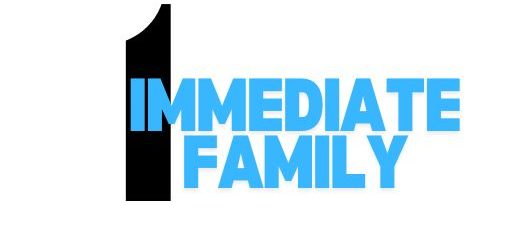Shares of the major healthcare plan provider UnitedHealth Group Incorporated UNH have plunged 15.9% in the past three-month period, outperforming the industry’s decline of 17.5%. However, this decline prompts investors to question whether to maintain their positions or sell their shares.
Peers such as Elevance Health, Inc. ELV and Centene Corporation CNC also experienced declines of 31.9% and 23.6%, respectively, in the past three months. The S&P 500 Index rose 6.5% in the same time frame.
UNH’s 3-Month Price Performance Comparison
Image Source: Zacks Investment Research
Mounting public criticism of the insurance industry, reignited by the recent killing of the UNH CEO Brian Thompson and online backlash, has put insurers under intense scrutiny. Legislative pressures, such as the bipartisan bill targeting pharmacy benefit managers and conflicts of interest in the healthcare system, have further weighed on investor confidence. Additionally, broader concerns over rising healthcare costs, regulatory uncertainties, and the potential impact of reforms on insurers’ profit margins have exacerbated the downward pressure on the stock.
From a valuation perspective, UnitedHealth is trading at a premium compared to the industry average. The company’s shares are currently priced at a forward 12-month price/earnings ratio of 16.33, higher than its five-year median of 19.20 and the industry average of 13.75.
Image Source: Zacks Investment Research
UnitedHealth’s robust fundamentals and growth prospects cannot be ignored. Let’s have a look at its prospects and growth drivers.
UNH has provided its 2025 financial guidance, projecting revenues of $450-$455 billion. Optum and UnitedHealthcare sales are estimated to be in the range of $277 billion-$280 billion and $337 billion-$340 billion, respectively.
Adjusted earnings per share is forecasted to be $29.50-$30 compared with $27.50-$27.75 in 2024. It expects operating cash flows of $32-$33 billion, with capital expenditures around $4 billion. Additionally, the UnitedHealthcare segment is projected to serve 50.97-51.32 million members by 2025.
UnitedHealth’s growth is driven by several factors, including rising commercial membership in the domestic market, expansion in Optum Health’s value-based care and new client acquisitions for Optum Rx. Strong membership trends in its Commercial segment reflect its competitive positioning and service diversification, which have supported steady momentum.
The company’s financial flexibility is evident in its consistent cash flow, enabling initiatives to boost shareholder value. Operating cash flow jumped 17.3% and 10.9% in 2022 and 2023, respectively. Despite the cyber-attack on its Change Healthcare business in the first quarter, it generated operating cash flows of $21.8 billion in the first nine months of 2024.





